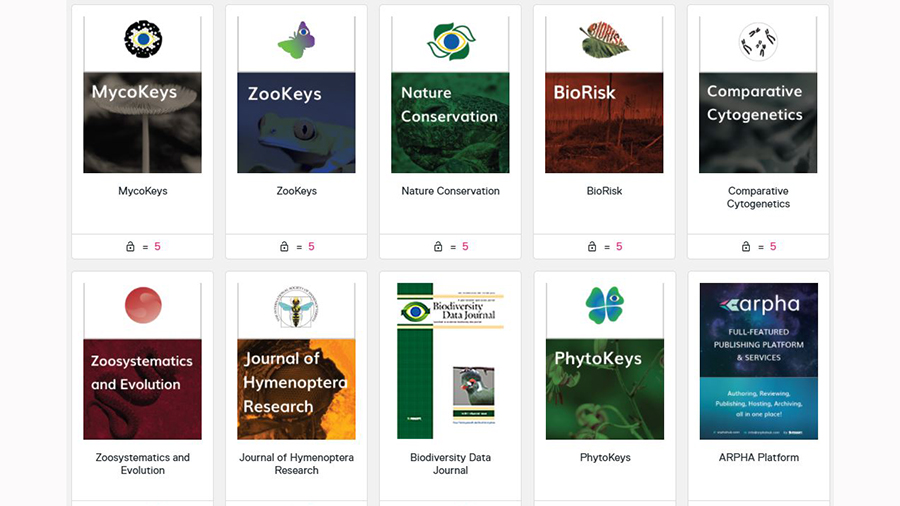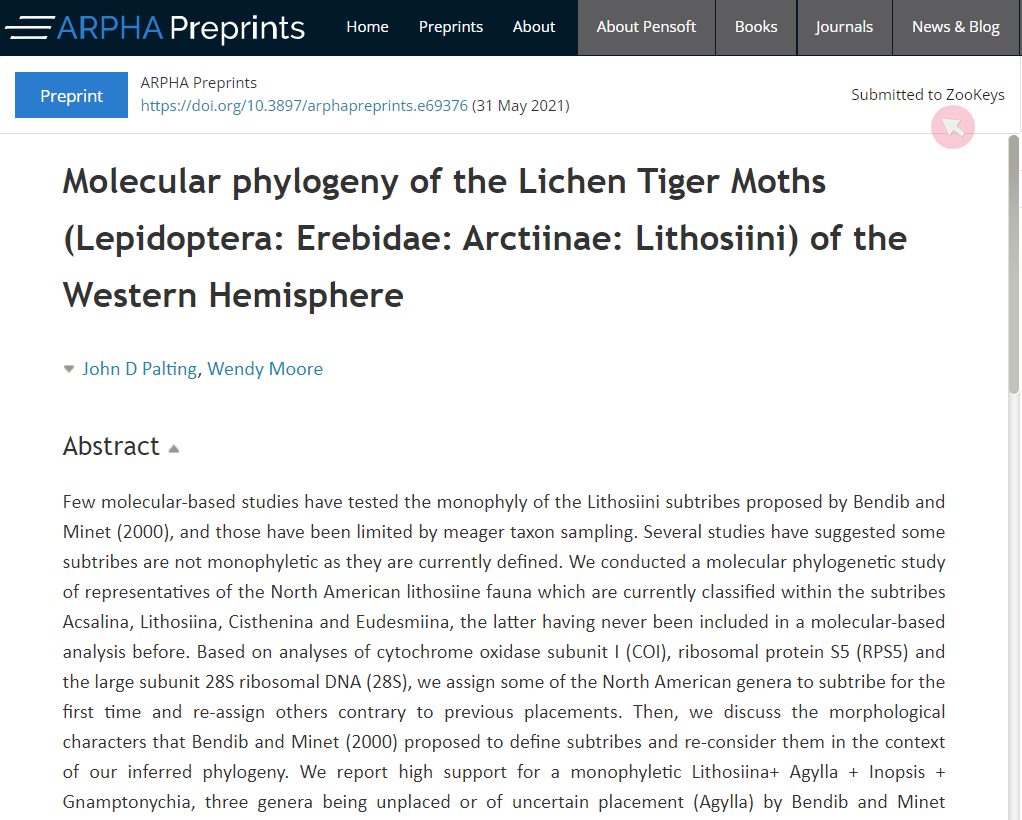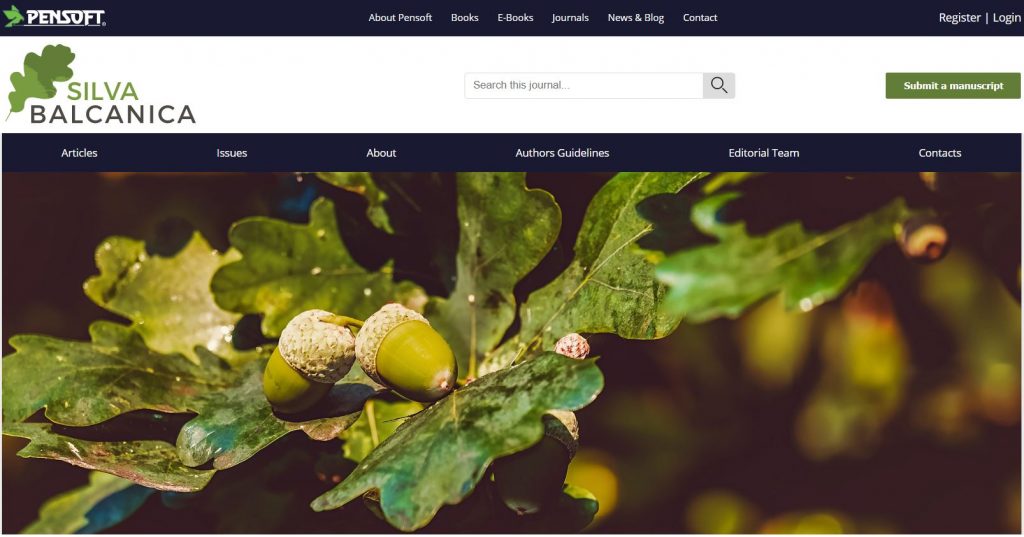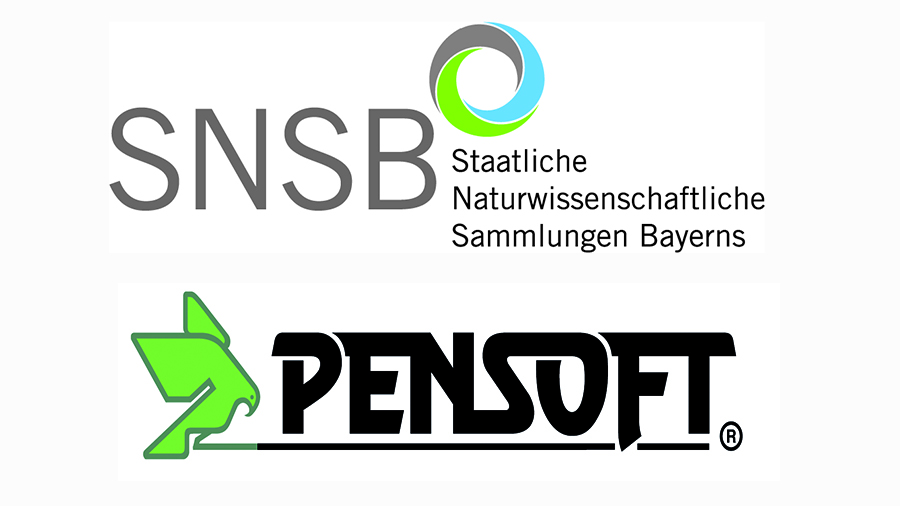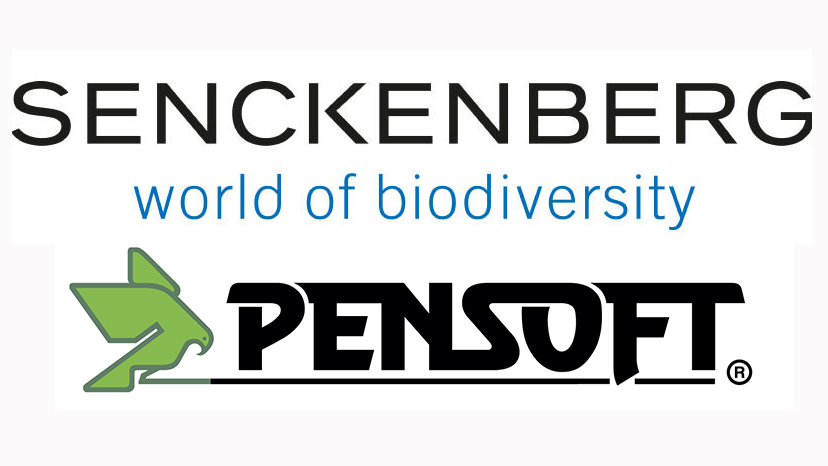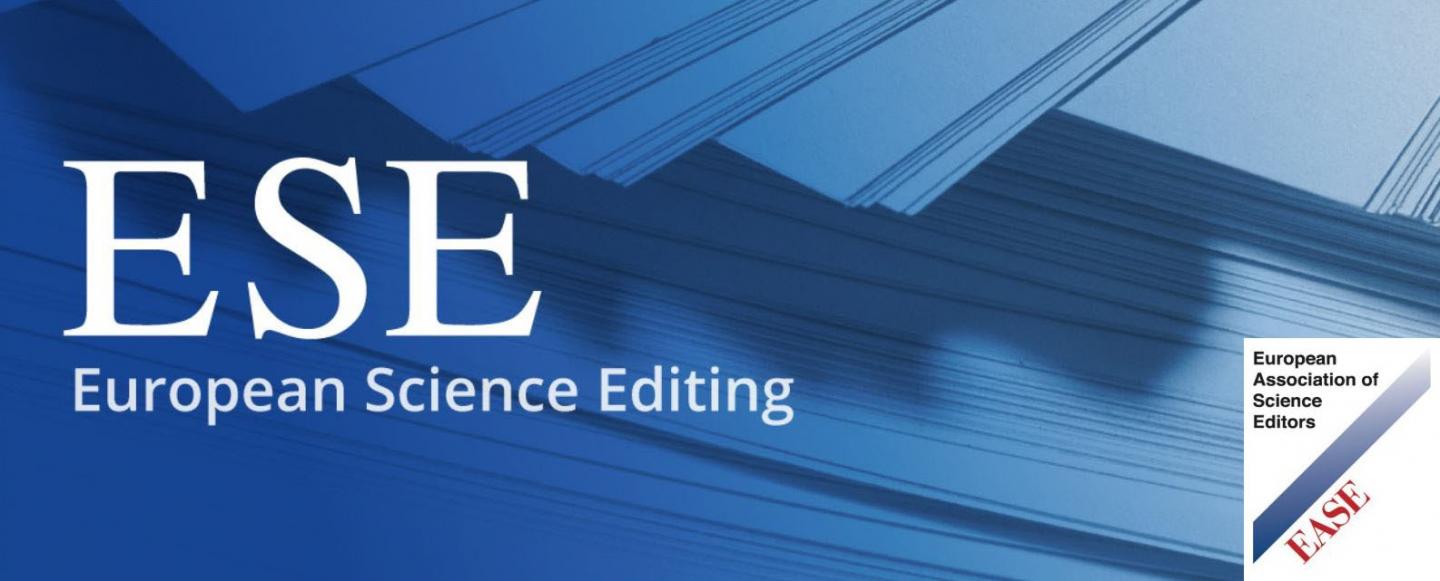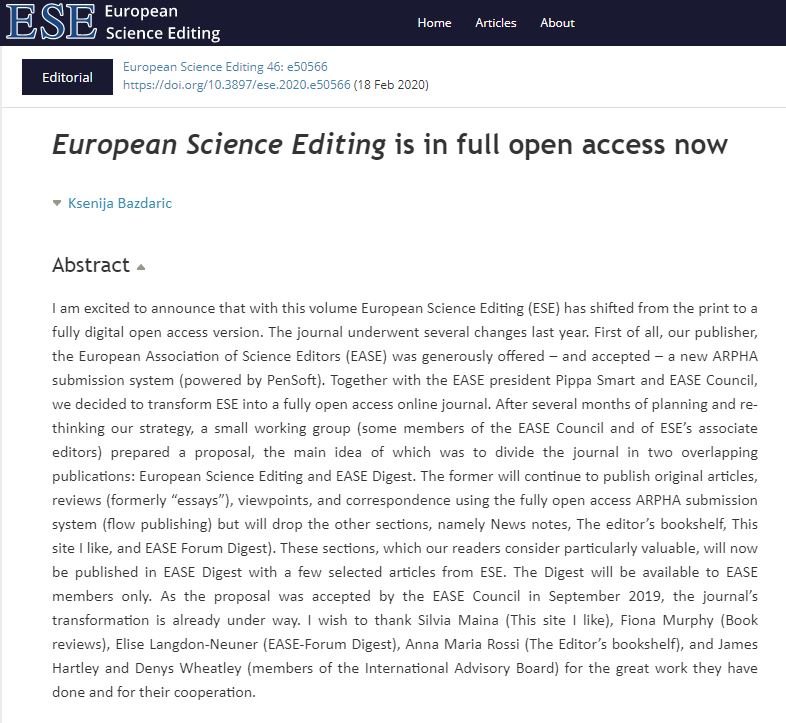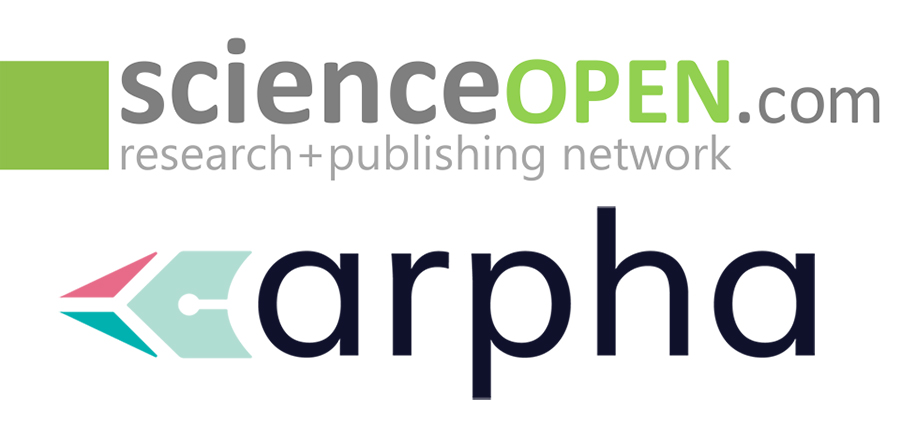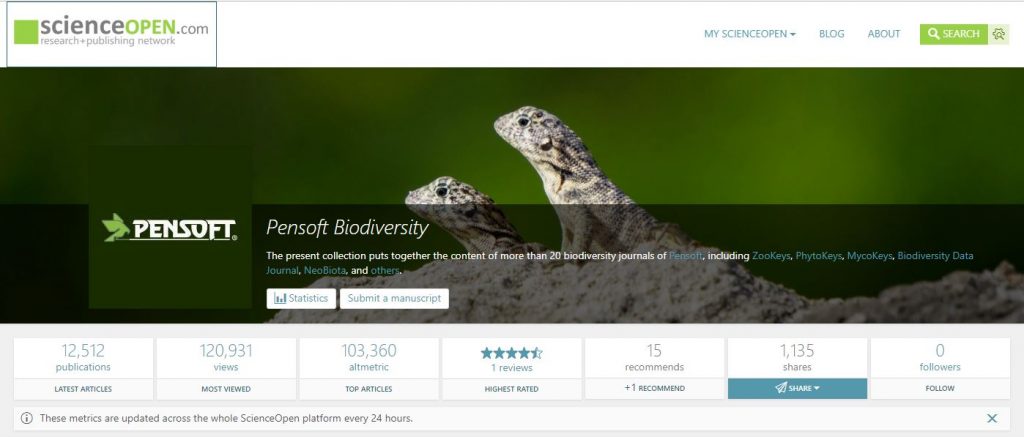Following a recent integration with the novel, social network-style research discovery app Researcher, the scholarly publishing platform ARPHA has taken yet another step to ensure scholarly publications from across its open-access, peer-reviewed journal portfolio are as easy to find and read as possible. Now, research papers published in all Pensoft’s, as well as all other journals hosted on ARPHA, can reach the 1.8 million current users of Researcher directly on their screens.
Similarly to the world’s best known and used social media networks: Twitter, LinkedIn and Facebook, Researcher allows its users, scientists and academics, to follow their favourite scholarly journals and topics, in order to receive their content in a personalised newsfeed format, either on their phones or computers. Thus, they can stay up to date with the latest research in their scientific fields by simply scrolling down: much like what they are already used to in their everyday life outside academia.
Additionally, Researcher lets users bookmark papers to go back to later on and even invite friends to join the platform. Furthermore, the users can also synchronise their accounts with their ORCID iDs, in order to load their own papers on their profiles on Researcher.
The Researcher app fetches new publications from all indexed journals several times a day, thus ensuring that a user’s newsfeed is updated in almost real time. Now, the ARPHA-hosted journals have joined the 17,000 academic outlets from across the sciences already sharing their publications on the app.
“At Pensoft, we are perfectly aware that good and open science practices go far beyond cost-free access to research articles. In reality, Open Science is also about easier findability and reusability, that is the probability one stumbles across a particular research publication, and consequently, cite and build on the findings in his/her own studies. By indexing our journals with Researcher, we’re further facilitating the discoverability of their content to the benefit of the authors who trust us with their work,”
says ARPHA’s and Pensoft’s founder and CEO Prof. Lyubomir Penev.
“We share ARPHA’s belief that Open Science means more than just free access – it means giving scholarly and scientific content the best chance to get in front the right reader at the right time. Our mission is to make sure that scientists and researchers never miss vital research. This partnership will ensure that distribution to our users across the world is built into the ARPHA platform – boosting discoverability and smoothing the path to impact,”
adds Olly Cooper, CEO of Researcher.

